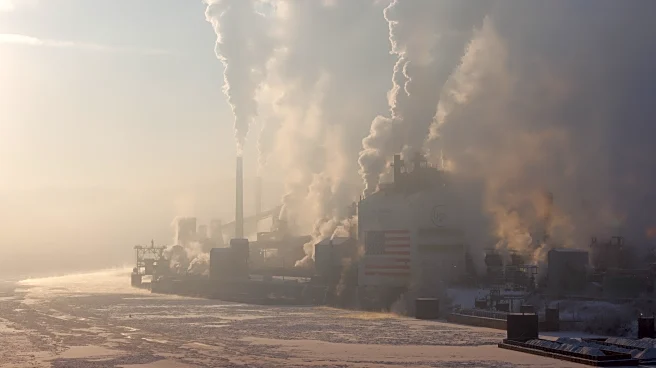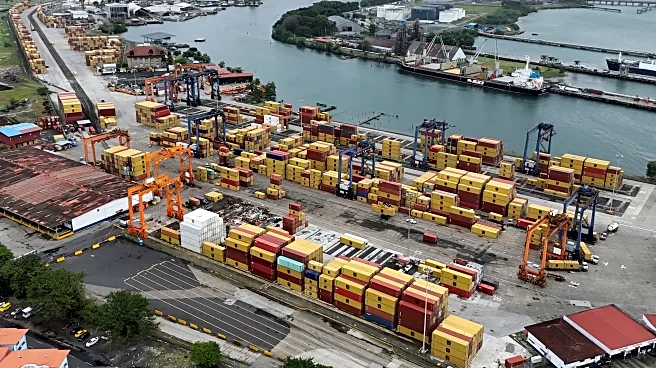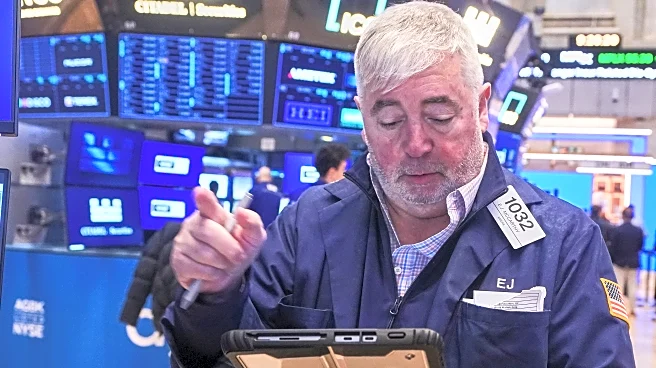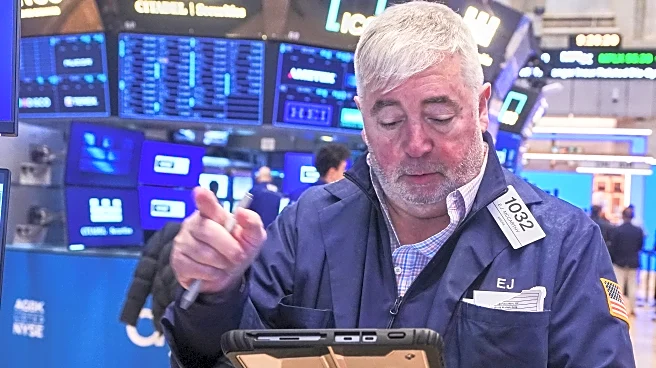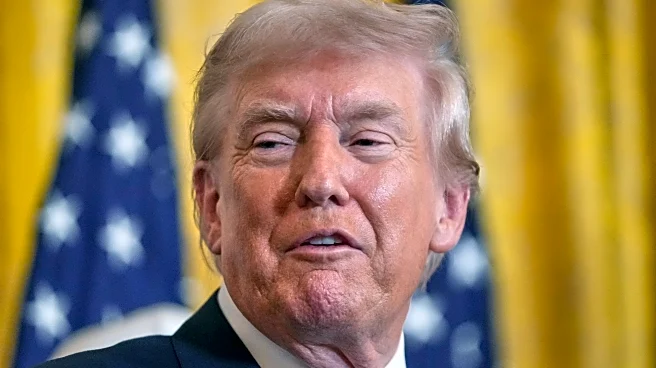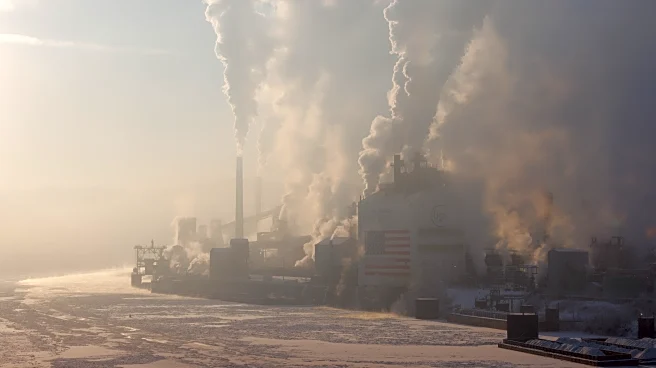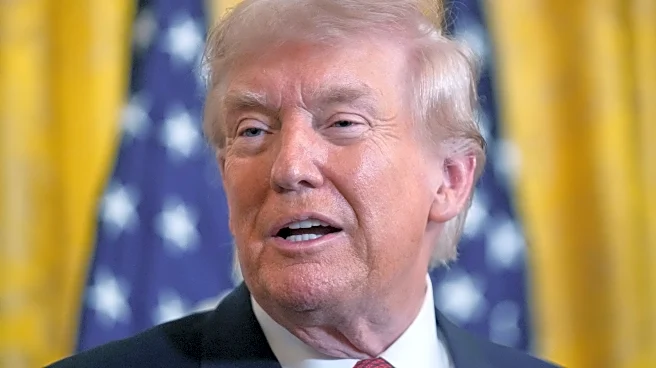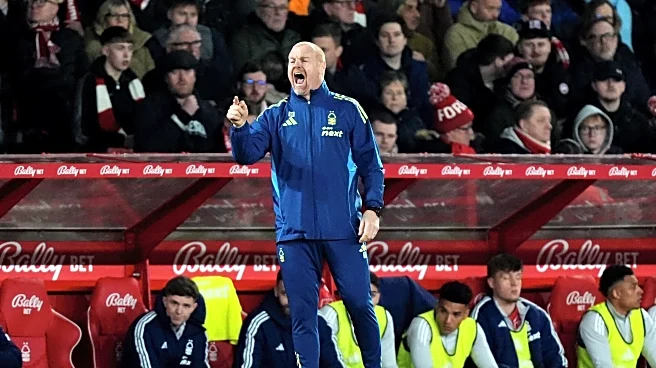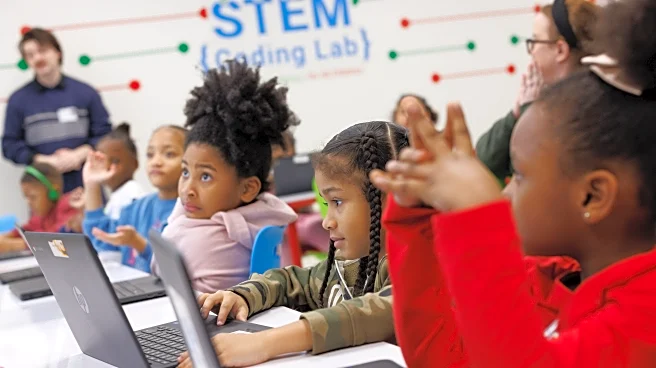What is the story about?
What's Happening?
Starbucks has closed its Anacostia location in Washington, D.C., as part of a nationwide initiative to shutter stores that do not meet financial performance expectations or fail to provide the desired physical environment. The Anacostia store, which opened in 2020, was significant for being the first stand-alone Starbucks east of the Anacostia River, serving a majority-Black community with limited retail options. The closure is part of Starbucks' 'Back to Starbucks' plan aimed at creating a more resilient company. Employees at the Anacostia store face uncertainty regarding their future employment, with Starbucks offering transfers or severance packages. The closure has elicited mixed reactions from the community, which has seen a 'Black renaissance' with new businesses opening in the area.
Why It's Important?
The closure of the Anacostia Starbucks highlights broader economic and social dynamics within underserved communities. While the neighborhood is experiencing a resurgence with new businesses and developments, the loss of a major retail presence like Starbucks can impact local employment and community engagement. Starbucks' decision reflects challenges in balancing corporate strategies with community commitments. The closure may affect local economic stability, as Starbucks provided jobs and a community space. However, the neighborhood's ongoing transformation suggests resilience and potential for growth, with new businesses continuing to emerge.
What's Next?
Starbucks plans to transfer employees to other locations or provide severance packages, but the long-term impact on the community remains uncertain. The neighborhood's transformation continues, with new businesses and developments potentially offsetting the loss of Starbucks. Community leaders and activists are optimistic about the area's future, emphasizing the importance of supporting local businesses. The closure may prompt discussions on corporate responsibility and community engagement, as well as strategies for sustaining economic growth in underserved areas.
Beyond the Headlines
The closure raises questions about corporate commitments to underserved communities and the role of major retailers in local economic development. It underscores the need for sustainable business practices that align with community needs and values. The situation may inspire other businesses to consider their impact on local communities and explore ways to contribute positively to neighborhood growth and resilience.



